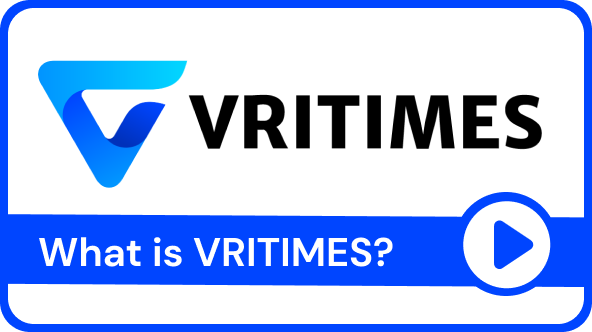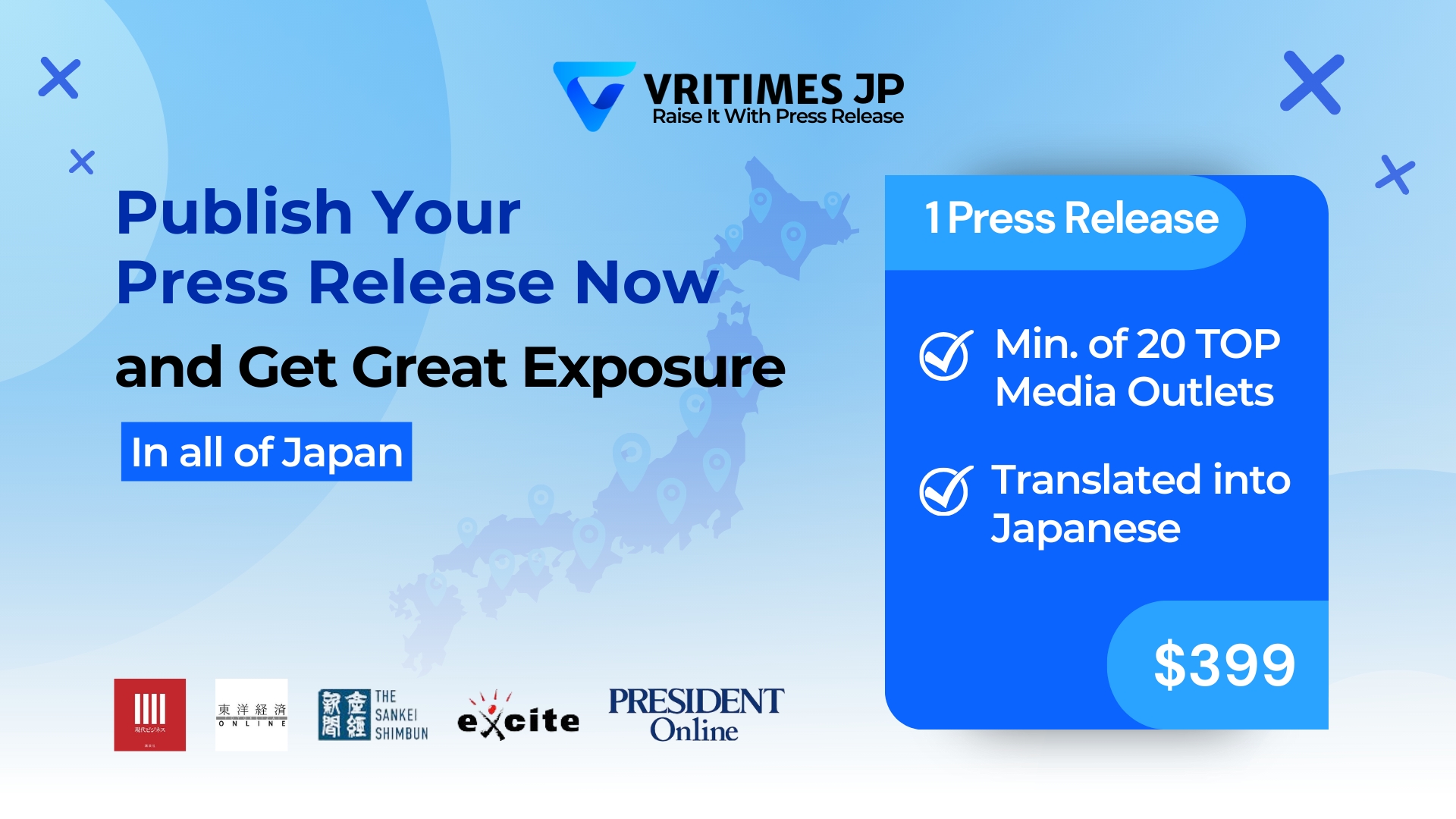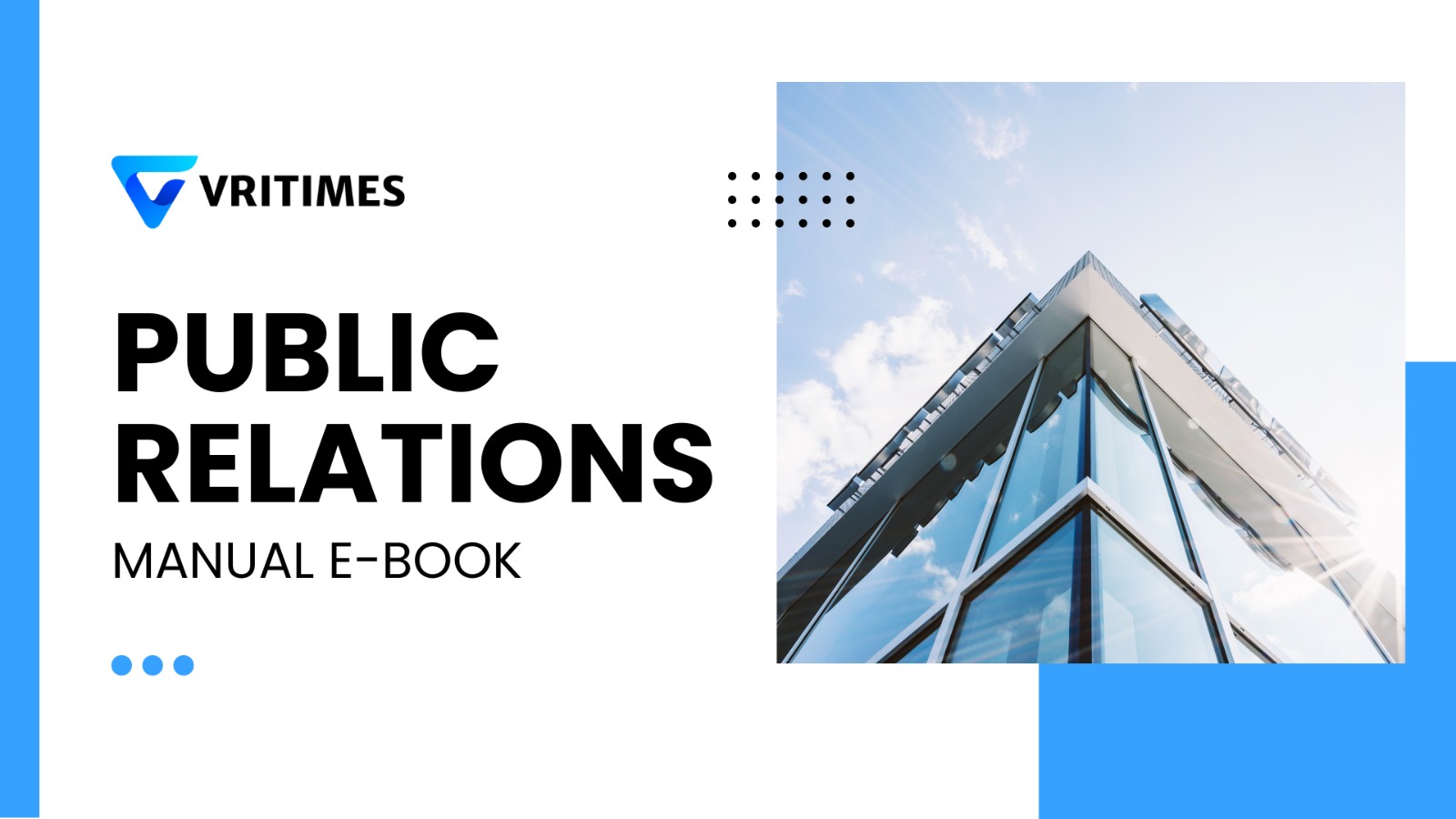/ Foreign Companies Increasingly Rely on EORs to Stay Compliant in Indonesia
Foreign Companies Increasingly Rely on EORs to Stay Compliant in Indonesia
As Indonesia continues to tighten oversight on employment, tax, and data protection rules, regional firms expanding from Singapore and Malaysia are turning to Employer of Record (EOR) solutions to manage local compliance obligations.
Analysts say the shift reflects both the growing complexity of Indonesia’s regulatory environment and a broader effort among foreign investors to reduce administrative exposure while testing new markets.
Over the past three years, Indonesia has enacted a series of major reforms — including Perppu No. 2 of 2022, which revises labor entitlements, and Law No. 27 of 2022 on personal data protection. These measures have expanded the obligations placed on employers and increased the penalties for violations. Businesses that fail to comply risk fines, suspension of operations, or disputes with employees.
“Indonesia remains open to foreign investment, but regulatory compliance now demands constant attention,” said a Jakarta-based corporate advisory specialist at CPT Corporate. “The EOR model gives companies a way to enter the market without being overwhelmed by the country’s complex employment framework.”
Labor regulations remain among the strictest in Southeast Asia. Employers must comply with detailed rules on minimum wage adjustments, overtime pay, and severance compensation. Under Perppu No. 2/2022, for instance, workers with more than eight years of service are entitled to nine months’ salary in severance pay — a figure that can increase depending on the reason for termination.
In parallel, Indonesia’s taxation regime continues to evolve. Employers must submit monthly income tax and social security reports, with penalties reaching up to twice the unpaid amount for late or inaccurate filings. Mandatory participation in the BPJS national health and employment insurance schemes adds another layer of obligation, while non-compliance can result in public service restrictions or legal sanctions.
The enforcement of the Personal Data Protection Law (No. 27/2022) — modeled after the EU’s GDPR — further complicates compliance. Companies are now required to obtain explicit consent for personal data use, report breaches promptly, and maintain secure storage systems. Fines can reach two percent of annual turnover for violations.
For companies headquartered in Singapore or Malaysia, Indonesia’s growth potential is clear. With GDP expansion hovering above 5% and a young workforce, the country offers significant opportunities in manufacturing, retail, digital services, and renewable energy. Yet, investors frequently cite inconsistent enforcement and bureaucratic hurdles as barriers to entry.
Obtaining foreign worker permits (RPTKA and IMTA), navigating the Positive Investment List, and managing varying local government interpretations of national laws can slow operations. As a result, many firms now opt for EOR arrangements — allowing them to legally employ staff in Indonesia through a local partner while maintaining operational control.
This structure provides a bridge for businesses that wish to test the market before committing to the lengthy and costly process of establishing a foreign-owned company (PT PMA).
Indonesia ranked 115th out of 180 in Transparency International’s 2023 Corruption Perceptions Index, with a score of 34/100 — underscoring the need for transparent governance and consistent record-keeping. Observers say that companies adopting professional compliance management early on tend to gain smoother regulatory relationships and stronger reputational footing with authorities.
“The trend we’re seeing is less about cost avoidance and more about institutional caution,” said the CPT Corporate representative. “EORs provide structure and accountability, particularly for businesses that are new to Indonesia’s administrative system.”
As regional integration deepens under ASEAN frameworks, Indonesia’s compliance environment is expected to align further with international standards. For foreign companies, this shift means both greater predictability and higher expectations for corporate conduct.
Analysts note that outsourcing HR and compliance functions through regulated intermediaries allows firms to adapt more quickly to rule changes — a consideration that is increasingly factored into long-term expansion planning.
While the EOR model may not replace traditional incorporation entirely, it is emerging as a practical tool for regional companies navigating Indonesia’s dense regulatory terrain. The approach offers flexibility without compromising accountability — a balance that many investors now view as essential in a market defined by both opportunity and complexity.







